Kenya
Fuel prices have risen once again in Kenya after the government partially removed subsidies that cushioned consumers from the global hike in oil prices.
The energy regulator said late on Wednesday night that it had removed the subsidy for super petrol while retaining a smaller subsidy for diesel and kerosene.
At the new prices, super petrol – mostly used by private motorists – will now cost about 179 shillings ($1.5) a litre, up from 1.3 dollars while diesel, which is used by transporters and industries will cost about 1.4 dollars in the capital, Nairobi.
Kerosene, which is mainly used by low-income households for cooking and lighting, will cost about 1.2 dollars a litre.
It comes after President William Ruto called fuel and food subsidies "costly and ineffective", in his inaugural speech, Tuesday.
Ruto said Sunday that Kenya was "in a deep economic hole" and repeated his pledge to lower the cost of living as a priority upon taking office.
The East African political and economic powerhouse is reeling from a once-in-a-generation drought and inflation is at five-year highs. In June, the World Bank projected Kenya’s (GDP) would grow by 5.5 percent in 2022, a moderation following last's year recovery when the country’s economy grew by 7.5 percent.




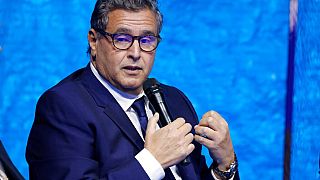
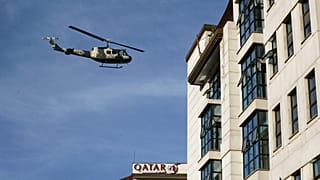


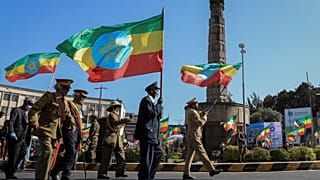
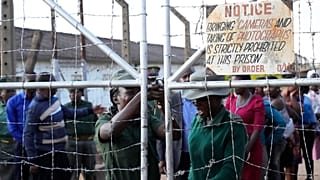
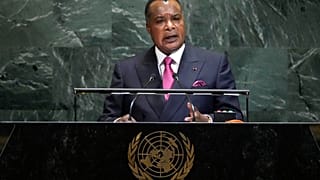
00:17
US-Iran conflict will have 'serious implications' for Africa, African Union warns
01:14
Ghana says at least 55 citizens killed fighting for Russia in Ukraine
01:04
Rising anger in Africa over 'lopsided' US health funding agreements
01:04
Kenya to roll out game-changing HIV drug in March
Go to video
Nigeria and Kenya lead production of electric vans using Chinese kits
00:52
Workers at Kenya's main airport call off strike after two days of disruption